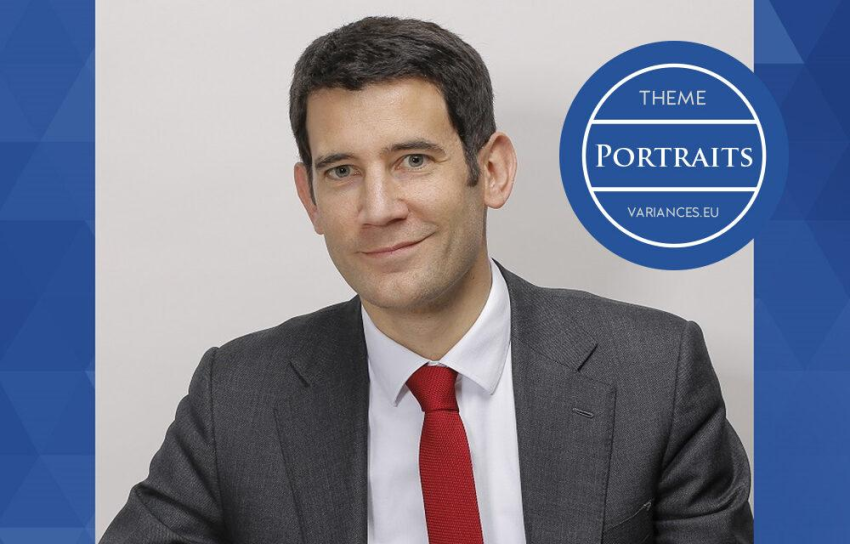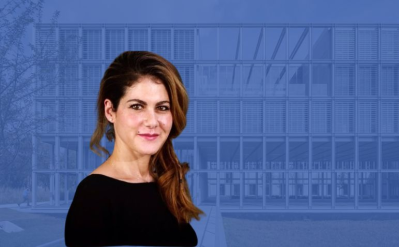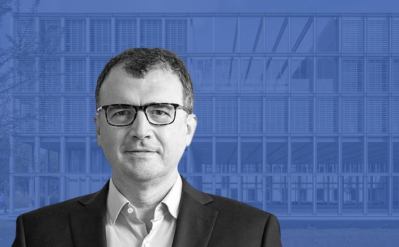News

Portrait of Paul Esmein (ENSAE 2004)
Could you tell us a bit about your studies, the subjects you liked to study, and what you chose when you left ENSAE?
In the preparatory classes, my main interest was maths, so ENSAE was a natural choice! This taste for maths then led me to follow the finance/actuarial studies stream, and I initially thought I'd go for a job in market finance. The internships I did, the teachers I had and the courses I took during my three years of study changed my mind, and I decided at the end of ENSAE to take the competitive examination for the insurance supervisory authority.
That's how I joined the civil service in the "Commissaire Contrôle des Assurances" corps - which has since been merged with that of the Mines department. I spent 3 exciting years at the insurance supervisory authority. In particular, I saw this supervisory body undergo a profound transformation, evolving towards a more standardized structure, with the growing importance of European institutions. It was there that I learned the basics of insurance, which are still useful to me today!
I looked up the number of competitive examinations for commissaires contrôleurs. It seems there were only two, in 2003 and 2004. Your start in the insurance business is really a matter of chance!
As with many people, chance certainly played a part in my choice of first job. That said, there are a lot of ENSAE alumni in the insurance industry, which makes sense: taking actuarial courses naturally leads you towards this sector. After my position as commissaire contrôleur, I chose to join the Direction générale du Trésor, where I worked with Guillaume Autier, deputy head of the financial markets division. When he left to join the ministerial cabinet, I was offered his position and accepted.
I asked Guillaume to recall how this transition went - here's his answer.
Paul was working for the ACPR on insurance risk securitization issues, which I had been working on for the French Treasury. He immediately struck me as very precise, very attentive to consumer protection issues and at the same time very familiar with the realities of the private sector. We worked very well together on this bill. When I left the Treasury to join a ministerial cabinet, I put his name forward as my successor. He worked wonders and was unanimously appreciated.
Later, we kept in touch and became friends. I really like his very philosophical view of life, which combines a great deal of professional seriousness and, at the same time, real personal freedom.
This job at the Treasury: what an experience!
I was there for 5 years: two years in the Financial Markets Office and then three years in the Insurance Companies Office. My years at the Treasury were fantastic, and probably one of the most memorable. They were intellectually stimulating, despite the particularly intense workload, especially during the 2008 financial crisis. I discovered the fascinating mechanics of Europe, and was confronted with decision-making processes that can sometimes be disconcerting. It's all very instructive!
After 9 years in the civil service, you're considering a move to the private sector: how have you prepared for this?
It corresponded to a time in my personal life when I felt a need for new horizons. My wife and I decided to travel for 9 months, in Asia and South America, which was a wonderful experience.
On my return, I wanted to discover a new facet of the insurance industry and joined the Covéa group. Here again, the human factor was decisive: if I chose Covéa, it was above all because of the personality of its managers, and in particular of Thierry Derez, its CEO, and Didier Bazzocchi, its Health Director. The first assignment I was given was an exciting one: to create a new reinsurance business. I'm firmly convinced that this approach, which consists in basing one's professional choices above all on human encounters, is the right one.
I spent a total of 9 years with this group, and was fortunate that its managers had confidence in me: they entrusted me with increasing responsibilities, right up to the position of deputy general manager. I learned an enormous amount and rubbed shoulders with a wide variety of engaging personalities, all of whom I'm delighted to meet again.
What place do you give to chance and transmission in your life?
Beyond the initial coincidence I mentioned at the beginning of this interview, I've been working in the insurance sector for 20 years now, and that's no coincidence! I know of few sectors that bring together such a wide range of issues, be they economic, demographic or societal.
The desire to pass on is of a completely different nature. I link it to my family situation: having children makes the idea of transmission quite natural. But for me, it goes back even further: between the ages of 25 and 35, I gave a lot of lectures (at Dauphine, ISUP, ENSAE, CEA) and I have a real passion for teaching. In fact, I think I'll go back to it one day!
Let's talk about your current position as Managing Director of France Assureurs. You took up your post in April 2024, and since then there's been no shortage of tricky assignments!
After leaving Covéa, I had many projects: a new trip with my wife and two children, but also a training course in arbitration. Although it wasn't my initial training, I've always had an interest in legal matters. In fact, it was my intention to try and develop an activity in this field, when Florence Lustman (President of France Assureurs) contacted me to offer me the position of General Manager of the Federation.
I was immediately drawn to the challenge. On the one hand, I was delighted by the opportunity to work again with Florence, whom I had met 20 years ago at the insurance supervisory authority. In a way, this new professional adventure is a synthesis of my previous experiences, first in the public sector and then in the private sector. It's clear that there's no shortage of subjects to tackle, including the increasing number of natural disasters, the riots in New Caledonia and the need to deal with dependency. But it is precisely on issues of this kind, which have a structural dimension, that collective reflection is necessary, and that the role of the Federation takes on its full meaning.
In conclusion, what advice would you give to ENSAE?
First of all, I'd like to wish everyone the best of these school years, which go by all too quickly. Life is a skilful blend of chance, temporality and human encounters: I therefore wish you to find a path that excites you and enables you to work with inspiring people.
Interview by Priscilla Cournède















No comment
Log in to post comment. Log in.